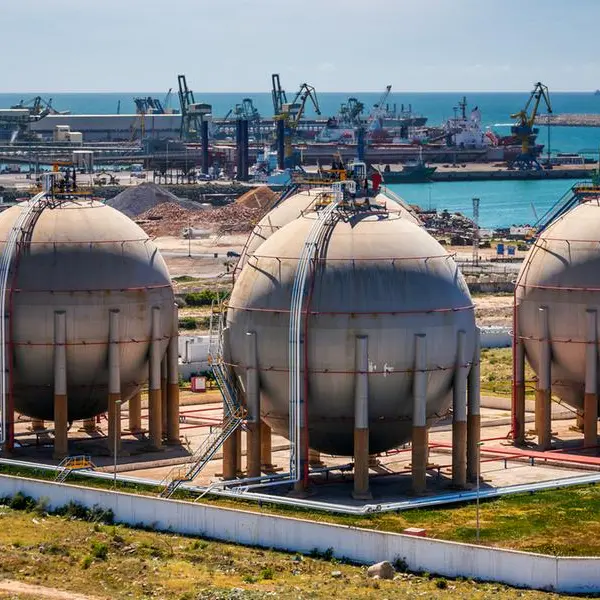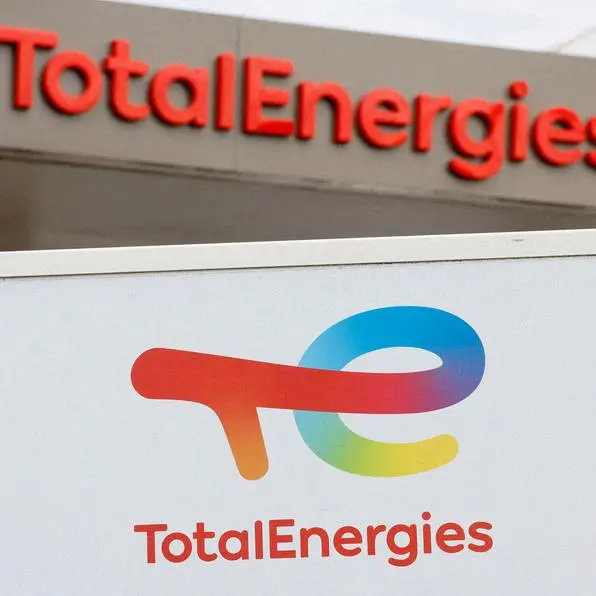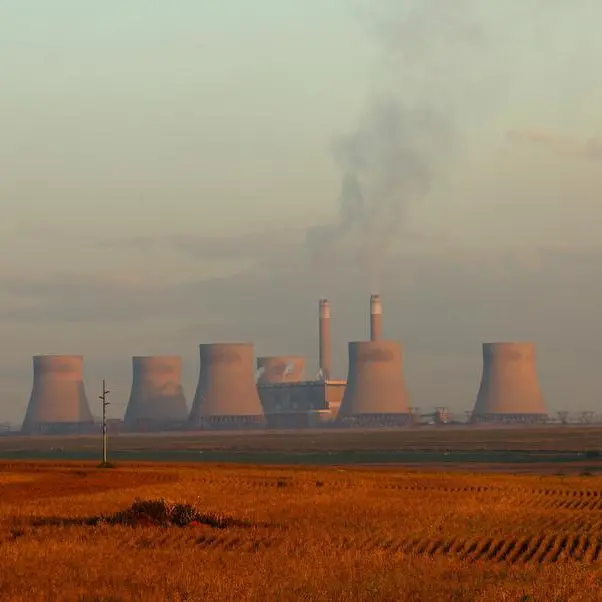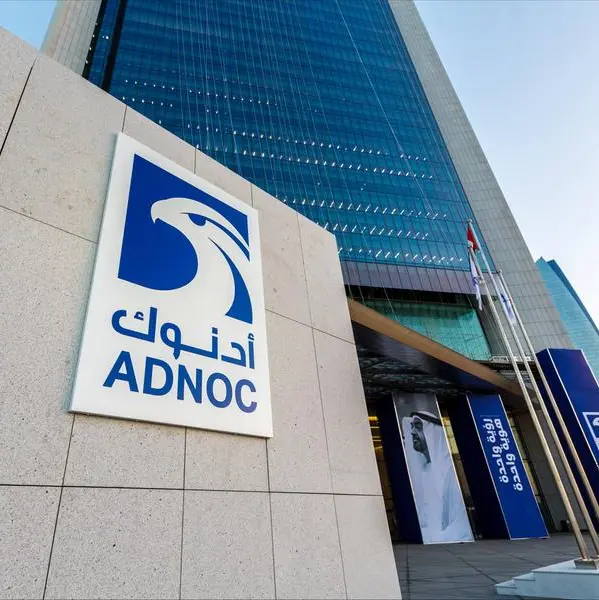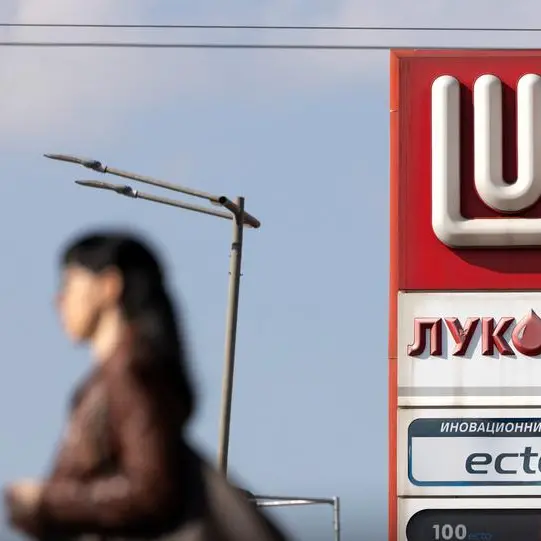PHOTO
Uganda is seeking new investors for its $4.5 billion refinery after three failed attempts with Russian, South Korean and now US/Italian private companies to raise a critical portion of the required financing.
Uganda’s Ministry of Energy says it will work with public sector capital – a veiled admission that only bilateral deals were left to explore to get the project going.
On July 3, after the Project Framework Agreement (PFA) signed with the Albertine Graben Energy Consortium (Agec) five years ago expired on June 30 without a final investment decision announcement for the $4.5 billion project.
But the consortium of US and Italian firms says it will stay on the project for which it holds intellectual property rights.“There are, however, a number of outstanding aspects, including mobilisation of financing for the project and the Government of Uganda is now open to receiving offers from public sector capital providers to participate in this nationally and regionally strategic project,” the ministry of Energy said in a statement.
Energy Permanent Secretary Irene Batebe said the government had opted to deal with state agencies as this guarantees faster commitment, but the consortium that owns intellectual property for the refinery’s Front End Engineering Design (Feed) still wants a piece of pie.
“The Agec is the private sector partner for the development of an oil refinery project in Uganda,” the consortium told The EastAfrican.
The consortium signed the PFA in 2018, for a two-year period within which to table its investment plan to get the project off the ground. But with the Covid-19 pandemic slowing global business activity, the government was twice forced to renew the agreement.
In December last year, Rajakumari Jandhyala, CEO of Yaatra Africa – the US firm that leads the consortium – and financiers met with President Yoweri Museveni in Washington DC and indicated that the group will announce the Fid by March 2023.
Batebe says Agec lost its controlling 60 percent stake after failing commitments to announce Fid by March and June, but still has a window to be a player in the refinery, based on achievements the group had registered, which include the project’s Feed.“The Agec is continuing its engagement with the government on the development of the project, believes strongly in its value for Uganda and is committed to its success for the benefit of the people of Uganda and East Africa,” the consortium said, in a statement.
Although the government has reopened the project for tendering, officials in the Ministry of Energy reveal that Kampala already has a state-owned entity lined up for the project.
In March this year, Uganda signed a wide-ranging memorandum of understanding with Algeria government-owned energy firm Sonatrach Petroleum Corporation, on midstream and downstream development of Uganda’s oil sector, which includes the refinery.
At the time, sources indicated that the Ugandan government was growing jittery at the time over the lack of progress with the Agec consortium, which includes American companies Yaatra Africa, Baker Hughes (part of General Electric) and Italian firm Saipem SPA, failing to move the project forward to Fid and development.
Although Yaatra and Saipem deployed staff in Uganda to lead project work teams and negotiations with government for the critical Shareholders Agreement, Implementation Agreement and Crude Oil Supply Agreement, the lack of progress on the financing front meant the talks would not yield to anything.“The MoU with Sonatrach is [because] we have to look at our interests. It’s a few weeks to the end of June, and from where we sit, it doesn’t look like they will take Fid come the end of June,” a government source working closely with the project told The EastAfrican in May.
The other option is to mobilise East African Community partner states – Kenya, Tanzania, Rwanda, Burundi, South Sudan and DR Congo – to commit to taking up equity, while capital investment from publicly owned agencies has also been mooted.
So far, only Kenya and Rwanda have shown interest in taking up a minority stake in the project.
Uganda says it registered achievements with Agec, including completion of the Refinery Configuration or Front-End Loading 2 (FEL-2), the Feed, which defines the technical design of the refinery, the project Environmental and Social Impact Assessment study, logistics study and commercial and marketing study.
The refinery shareholding structure was 60 percent owned by the private developer Agec, while Uganda holds 40 percent, which is to be floated amongst its EAC partner states.
Uganda discovered commercially viable hydrocarbon deposits in 2006 in the Albertine region. The current reserves of the crude oil are estimated to be about 6.5 billion barrels.
The refinery is expected to process 60,000 barrels-per-day.
© Copyright 2022 Nation Media Group. All Rights Reserved. Provided by SyndiGate Media Inc. (Syndigate.info).

